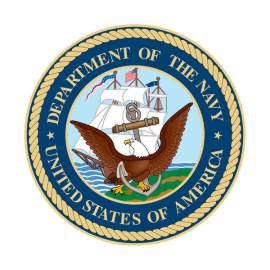
Senate Finance Committee

What is the Senate Finance Committee?
The United States Senate Finance Committee (presently referred to as the United States Senate Committee on Finance) deals with matters relating to taxation and other revenue measures, such as the bonded debt of the United States; general revenue sharing; public money deposits; customs, ports of entry and delivery; customs; along with health programs listed under the Social Security Act and/or financed by a trust fund or specialized tax.
Additionally, the United States Senate Finance Committee evaluates matters involving national security, including all reciprocal trade agreements, tariffs, import quotas and all related matters to the transportation of dutiable goods. As a result of these responsibilities and multiple duties, the United States Senate Finance Committee is often regarded as one of the most powerful and influential committees in Congress.
The Role of the United States Senate Finance Committee:
Judging by the sheer number of subjects and relationships that the United States Senate Finance Committee regulates, the various roles of the Committee are paramount in regards to the overall health and stability of the country’s economy.
The role of the United States Senate Finance Committee can be compared to the House Committee on Ways and Means. That being said, the primary difference between the two committees revolves around the jurisdictional powers of the two bodies, particularly the fact that the United States Senate Finance Committee possesses an authoritative role over both Medicaid and Medicare, while the House Ways and Means Committee only possesses jurisdictional powers over Medicare—The House Energy and Commerce Committee possesses jurisdictional power over Medicaid.
The other difference between the United States Senate Finance Committee and the House Committee on Ways and means revolves around financing power; all revenue raising measures must reside in the House, which gives the Ways and Means Committee a slight advantage in regards to establishing a tax policy. As a result of this jurisdiction over legislation, the House and Means Committee possesses an extensive oversight power to investigate, review and evaluate existing laws, as well as containing the agencies to implement such laws.
NEXT: Understanding Espionage





















